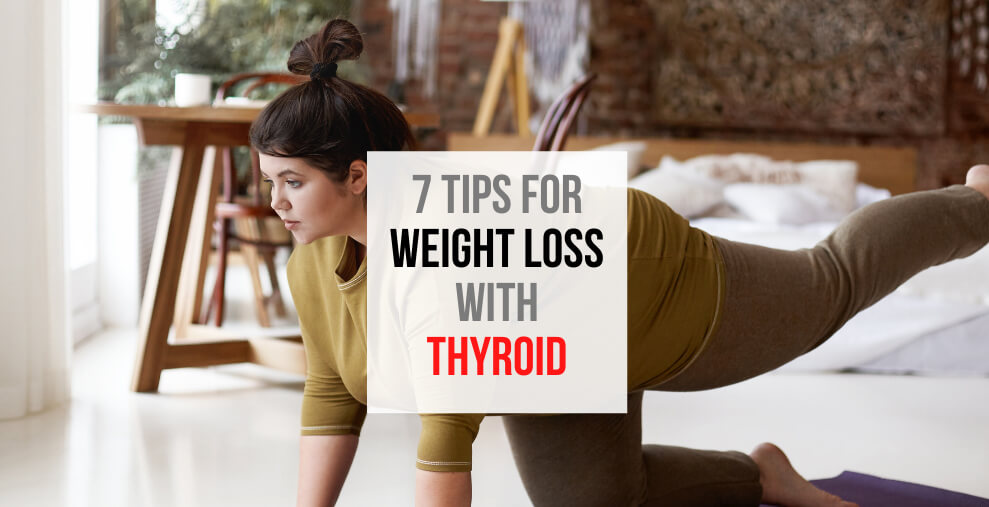What is the Thyroid?
The thyroid gland is a tiny organ that wraps around the throat in front of your neck (trachea). It’s in the shape of a butterfly, smaller in the middle with two large wings that wrap over the side of your neck. The thyroid gland is a type of gland which produces and releases substances that assist your body in performing certain tasks like producing hormones that aid in the regulation of many of your bodily systems. Over the last decade their has been a massive rise in the number of thyroid patients , be it men , women or teenagers , especially woman as according to the research they are about five to eight times more likely to be diagnosed with a thyroid condition than men.
Due to imbalance in your thyroid the gland starts making either too much or too little of these important hormones, it’s called a thyroid disease. There are several different types of thyroid disease, including hyperthyroidism, hypothyroidism, thyroiditis and Hashimoto’s thyroiditis.
In this article we will discuss about Hypothyroidism. Hypothyroidism results from the thyroid gland producing an insufficient amount of thyroid hormone. It can develop from problems within the thyroid gland, pituitary gland, or hypothalamus.Your metabolism will slow as a result of this. Hypothyroidism, also known as an underactive thyroid, causes fatigue, weight gain, and an inability to tolerate cold temperatures.
Keeping in mind about this tough challenge here are some tips for people with Hypothyroidism:
Tips to lose weight with Thyroid
With thyroid diseases, especially hypothyroidism, weight gain appears to be a given. Weight gain is exacerbated by a slowed metabolism. How do you make sure you don’t gain weight? It’s difficult to lose weight when you have an illness like thyroid or Hashimoto’s. But it is possible. Try these weight-loss tips if you have a thyroid condition:
1- Take Small and Frequent meals

Small meals spread throughout the day have received a lot of attention. They’re especially effective in persons with hypothyroidism, because the condition slows digestion. Smaller, more frequent meals with a variety of macronutrients help to maintain a healthy blood sugar level.
2- Balance your Hormones

By giving your body with sufficient nutrients, you can ensure that your hormone system gets back in gear. Thyroid sufferers’ diets should include hormone-balancing items. Good fats are the raw material for hormone manufacturing, therefore eat meals rich in them. Ghee, butter, nuts, coconut oil, quinoa, and whole eggs are all good choices.
3- Go for anti-inflammatory foods

Anti-inflammatory foods can help relieve joint aches, pains, and melancholy caused by hypothyroidism by relaxing the immune system. Put tomatoes, fatty fish, leafy green vegetables, nuts, fruit, and extra virgin olive oil on your shopping list and observe how they improve your health.
4- Avoid Simple Carbohydrates and Sugars

Choose a low- to moderate-carbohydrate diet rich in complex carbs such starchy vegetables and legumes while avoiding simple sweets. According to a Harvard Medical School study, eating complex carbohydrates and avoiding simple carbohydrates can help lower the production of cytokines, which are small proteins that impact inflammation in the body. This thyroid diet is good for weight loss.
5- Make Exercise a Habit

Exercise, as we all know, may make you joyful and help you cope with stress. The best way to burn calories and keep your hormones in check is to combine regular exercise with a nutritious diet. However, make sure you’re not tired before you start your workout; if you are, avoid that day’s workout.
6- Take your Medication

Thyroid medicine should be taken first thing in the morning on an empty stomach with plenty of water. Never take it with other medications and wait at least 30 minutes before drinking your morning coffee or eating your breakfast. Also, don’t forget to take your prescription.
7- Consume Enough Calories

You may be concerned about your weight, but substantially reducing your calorie intake is not a good idea. Experts emphasise the necessity of getting adequate calories because eating too few might trigger a stress reaction and result in a decrease in T3 synthesis.
